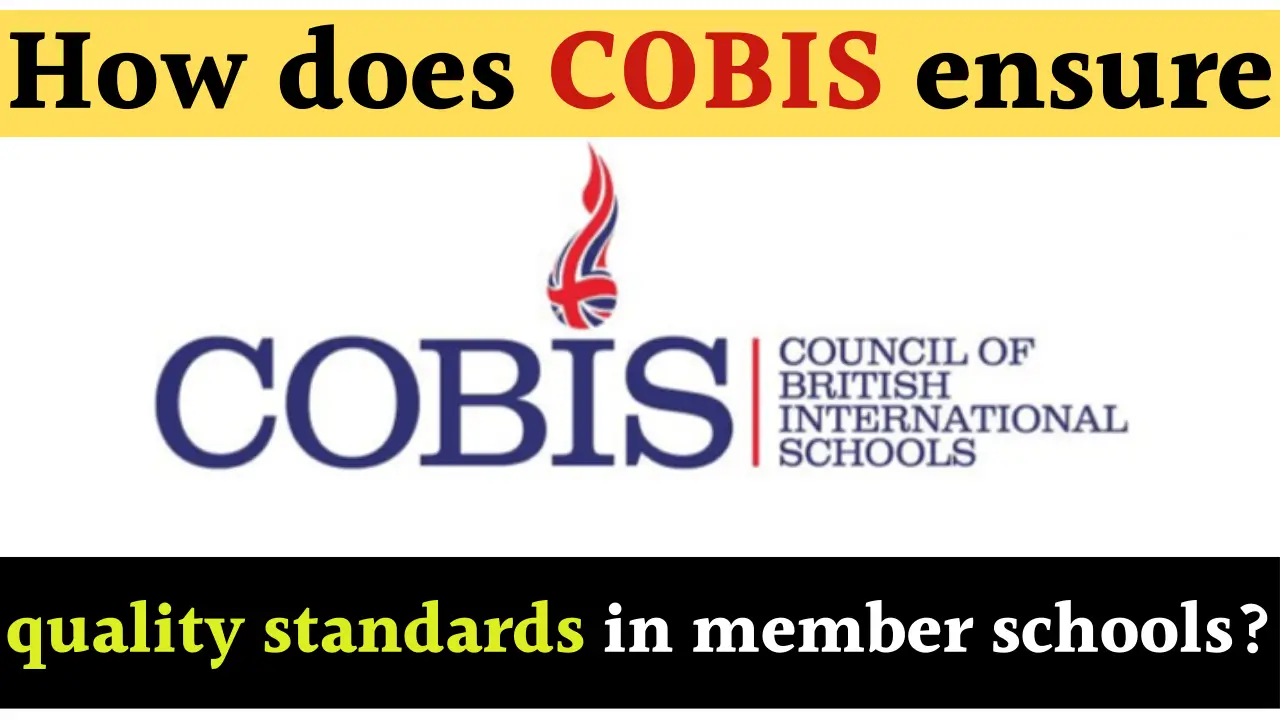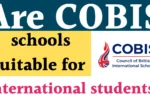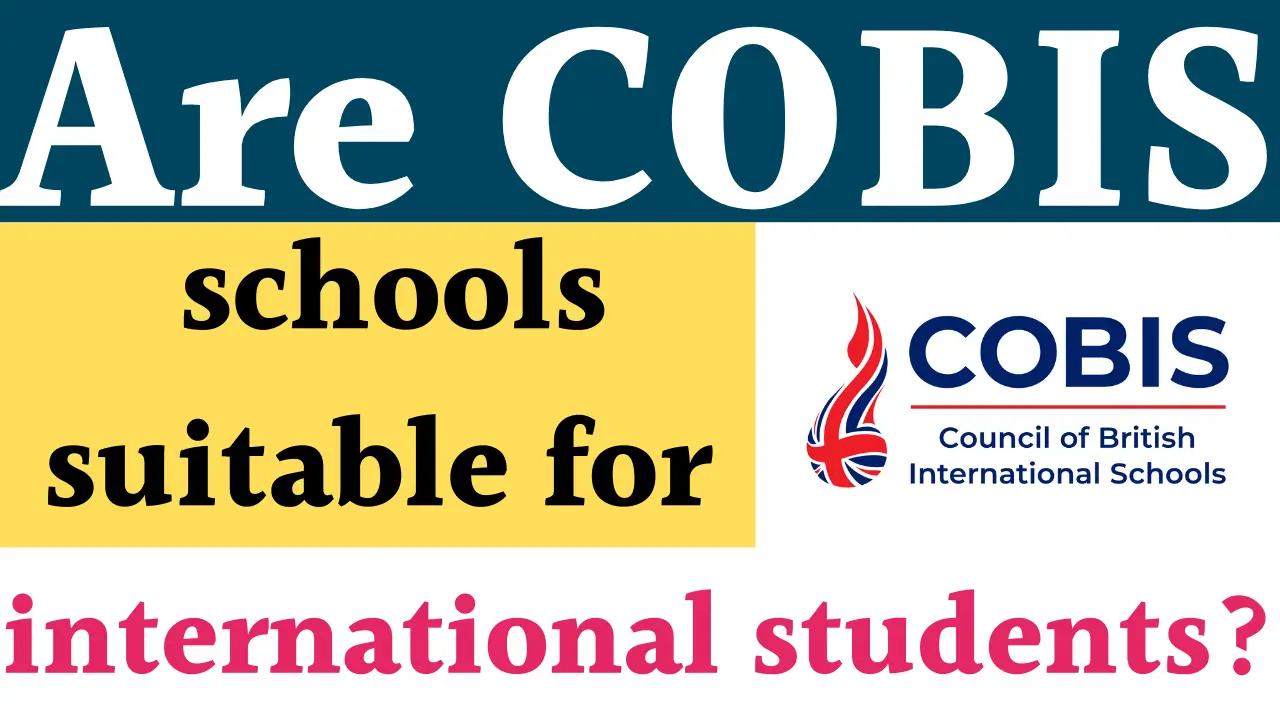The Council of British International Schools (COBIS) is a globally respected organization that upholds rigorous quality standards for its member schools. COBIS ensures these standards through a comprehensive, supportive, and internationally recognized quality assurance framework designed to promote continuous school improvement, safeguarding, academic excellence, and inclusivity across all member institutions. Their accreditation and compliance system serves as the cornerstone of this quality assurance, offering schools a clear and validated path to demonstrate and enhance their educational provision.
COBIS Quality Assurance Framework Overview
COBIS operates a formal Accreditation and Compliance scheme that all prospective and current member schools must undergo to validate their commitment to high standards. This scheme is externally validated by prestigious bodies such as the UK Quality Assurance Agency (QAA) and recognized by governments, exemplified by the Japanese Ministry of Education’s endorsement. The scheme is designed to be supportive and developmental rather than punitive, with an emphasis on school improvement through partnership.
The key elements of COBIS’s quality assurance include:
- Rigorous, evidence-based evaluation of school practices against clearly defined standards.
- A five-year cycle of school self-evaluation, external review visits, and ongoing support.
- Appointment of a Lead Improvement Partner who works continually with the school.
- Emphasis on safeguarding, governance, staff recruitment, student welfare, and teaching quality.
- Focus on diversity, equity, inclusion, justice, and belonging (DEIJB) in school policy and curriculum.
- Opportunities for schools to achieve Beacon Status for excellence in specific standards.
Refreshed Standards Enhancing Quality (2025 Update)
In January 2025, COBIS officially released refreshed Accreditation and Compliance Standards developed through extensive consultation with school leaders and expert groups. Key updates include:
- Clearer guidance on the types of evidence schools need to provide during assessments.
- Stronger emphasis on DEIJB, promoting inclusive learning environments that reflect diverse student identities.
- Curriculum standards now require diverse representation in teaching materials to meet all students’ needs.
- Enhanced requirements around safeguarding child protection, leadership scrutiny, and governance.
- Streamlined standards to facilitate clarity and transparency during the review.
This refresh ensures schools remain at the forefront of best practice and international education demands.
COBIS Quality Assurance Process in Detail
| Stage | Description |
|---|---|
| Self-Evaluation | Schools conduct an internal review against COBIS standards using detailed criteria. |
| Preparatory Dialogue | A Lead Improvement Partner provides guidance and support months before visit. |
| External Validation Visit | Independent assessors visit schools to verify evidence and assess standards. |
| Reporting & Feedback | Schools receive a comprehensive report highlighting strengths and development areas. |
| Continuous Improvement | Ongoing support from COBIS and Lead Partners promotes school progress over five years. |
Benefits of this process include a non-judgmental, partnership-based approach and adaptation to each school’s unique cultural context while maintaining rigorous standards.
Key Quality Standards COBIS Monitors
COBIS’s standards cover ten broad areas, including:
- Safeguarding and Safer Recruitment: Ensuring child protection policies are robust and staff checked thoroughly.
- Governance and Leadership: School management must demonstrate effective oversight and strategic vision.
- Student Welfare and Behavior: Policies must promote well-being, inclusion, and positive behavior management.
- Teaching and Learning Quality: High standards of curriculum delivery, assessment, and teacher development.
- Facilities and Resources: Provision of safe, well-maintained facilities conducive to learning.
- Curriculum Inclusivity: Curriculum must be broad, balanced, and inclusive of diverse perspectives.
- Human Resources: Staff recruitment, professional development, and wellbeing are prioritized.
- Monitoring and Assessment: Schools must have effective systems to evaluate student progress.
- Community and Parental Engagement: Positive communication and partnership with families.
- Continuous Improvement: Schools demonstrate a culture of reflection and ongoing development.
Schools excelling in one or more areas can earn Beacon Status to share best practices within the COBIS network.
The Role of Lead Improvement Partners and School Visits
A unique feature of COBIS’s quality assurance is the role of Lead Improvement Partners assigned to schools. These partners:
- Engage with schools up to six months before formal visits.
- Provide tailored advice on preparing evidence and addressing standards.
- Foster ongoing dialogue and support for development beyond the visit.
External validation visits by expert assessors are conducted regularly to verify school self-assessments, observe teaching and welfare, and interview stakeholders. This two-way process champions partnership and continuous improvement.
Latest Developments and Global Recognition
COBIS Accreditation and Compliance schemes continue to grow in global recognition and impact. Recent key developments include:
- External validation by UK Quality Assurance Agency for Higher Education affirming scheme rigor and trustworthiness.
- Recognition by Japanese Ministry of Education, Culture, Sports, Science and Technology (MEXT), legitimizing COBIS accreditation for schools in Japan.
- Refreshed 2025 standards placing DEIJB at the forefront, reflecting international education priorities.
- Enhanced digital processes to streamline evaluation and reduce costs.
- Ongoing invitations for member schools to connect with Beacon Status schools for peer learning and advice.
Summary Table: COBIS Key Features in Ensuring Quality
| Feature | Description |
|---|---|
| External Validation | Independent assessment by internationally respected bodies. |
| Supportive Partnership Approach | Lead Improvement Partner guides schools pre- and post-visit. |
| Comprehensive Standards | Covers safeguarding, curriculum, governance, and more. |
| Regular Review Cycle | Five-year cycle with self-evaluation and external visits. |
| Emphasis on Inclusion (DEIJB) | Updated standards promote diversity and belonging. |
| Global Recognition | Endorsed by QAA and Japanese Ministry of Education. |
| Beacon Status Recognition | Highlights exemplary schools committed to sharing best practice. |
Conclusion
In conclusion, COBIS ensures quality standards in member schools through a robust, internationally validated accreditation and compliance process that balances rigorous evaluation with supportive school improvement. By fostering an ongoing partnership approach and emphasizing inclusive, safe, and excellent education, COBIS helps British international schools worldwide maintain the highest standards for their students’ success now and in the future.
















